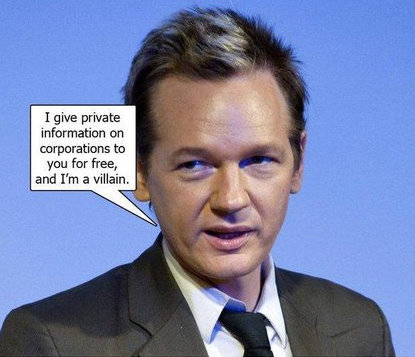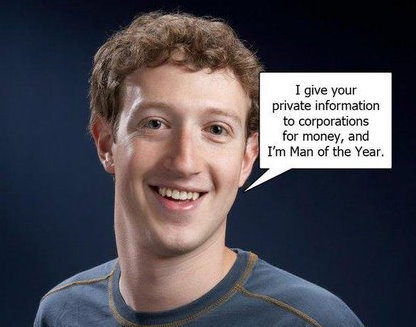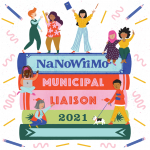Slate put up an editorial, by one of my favorite writers no less, about single versus double spaces after the terminal punctuation in a sentence.
He wrote, very passionately (which is why I like his writing), about the fact that we should never use the double space. He has no evidence however, just his own preference. In fact, even this sentence is included:
Typographers can point to no studies or any other evidence proving that single spaces improve readability.
That’s fine if that is your preference, many copy editors and manuals of style will have their own preference. I always say that it’s better to consistent. than anything else really.
My preference is a double space, but I’ve written for organizations that used single space, and changed my typing accordingly. I feel that a double space after a sentence lends itself better when reading text out loud, cuing the speaker to breath and leave a longer pause than after a comma. I also find it easier when skimming a book, usually for the third or fourth time, looking for a specific quote, a double space helps me search faster.
But again, just go for consistency, let the professional typographers sort it out when you get a book published. Otherwise, just listen to your current editor.
Slog weighs in here and the original article can be found here.








